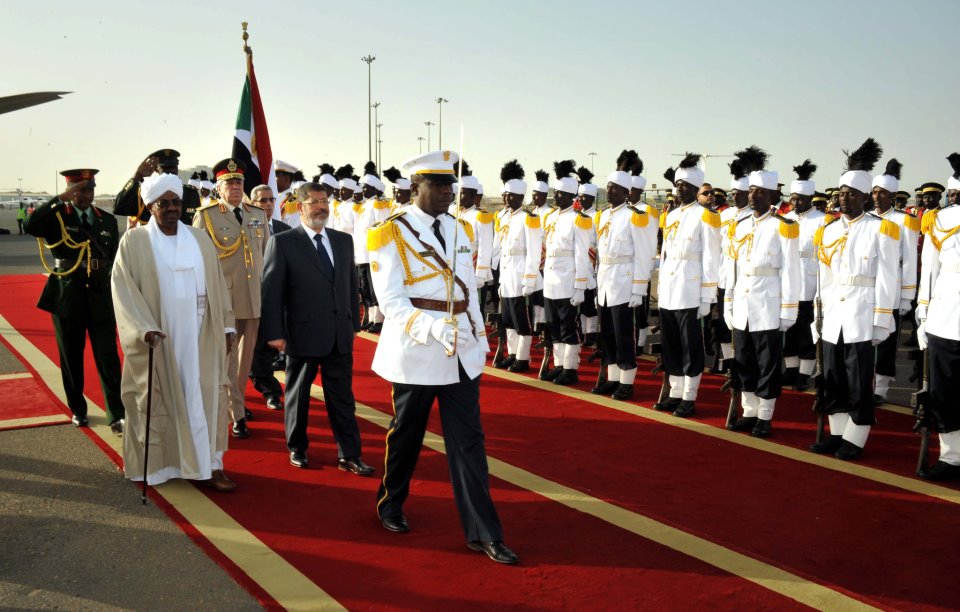CAIRO: It s not just East and West that are divided over controversial cartoons of the Prophet Mohammed. Two of the most popular Muslim preachers on Arab television are feuding bitterly over whether dialogue or protest is the best approach in the clash of civilizations.
In the pro-dialogue corner is Amr Khaled, who has become wildly popular among young Muslims and women for his youthful style and his sermons applying Islam to the day-to-day cares of modern life.
Khaled, 38, is heading into the heart of the controversy, Denmark, for a conference on Friday between Christian and Muslim religious leaders aimed at discussing the fallout of the prophet cartoons.
But for Sheik Youssef El Qaradawi, 79, who is a cleric that hosts a weekly show on the Arab satellite station Al-Jazeera; the trip to Copenhagen looks like a surrender.
Dialogue about what? El Qaradawi said on Al-Jazeera. You have to have a common ground to have a dialogue with your enemy. But after insulting what is sacred to me, they should apologize.
The dialogue that Amr Khaled and his group, the so called new preachers, is breaking with the consensus, he said.
The split between the two prominent tele-clerics has touched a wider debate over how to deal with the West and promote the Islamic world s interests.
The cartoons were first published in a Danish paper last September then reprinted in European papers in January and February. They sparked a wave of protests around the Arab and Islamic world. Some turned violent, with protesters killed in Libya and Afghanistan and several European embassies attacked.
The cartoons were seen as an insult to Prophet Mohammed; depicting him as violent and primitive. Sunni Muslim tradition bans any image of the prophet since depicting him means insulting him or encouraging idolatry.
The protests have largely subsided amid calls by Islamic and Western leaders for a stop to violence. But the bitterness remains on both sides: Some Muslim feel the West intentionally sought to insult Islam s most revered figure, while some in the West see Muslims as violently seeking to stifle free speech.
Last month, Khaled and a conference of some 40 Islamic scholars said the time for protests had passed and now it was time to move on to the stage of discussion.
The deep-rooted solution of this problem is through dialogue to reach an understanding and coexistence between the nations, Khaled said.
For Khaled, who is Egyptian, the cartoons controversy is an opportunity to engage with the West rather than continue longtime clashes over the grievances many Muslims feel toward Europe and the United States.
We have to lay a future base to build our own renaissance, Khaled told The Associated Press in a telephone interview from London Wednesday.
There are two schools of thought. One is that all of our actions should be reaction to what happened to us in the past 20 years, which is a lot. The other school wants theIslamic community to take the initiative to plan for the coming 20 years, he said.
God be with you Amr Khaled, the independent Egyptian weekly Al-Dustour said in a front-page headline in support of his trip to Denmark.
Khaled has emerged as the most prominent of a new generation of Islamic leaders and is distinct with his designer suits and trim moustache, rather than the beard and robes worn by traditional clerics, such as El Qaradawi.
Khaled started preaching almost 10 years ago in social clubs and gatherings in private homes in Egypt. He drew enthusiastic, young followers from the middle and upper middle class with his moderate advice and modern style.
He has a weekly program on the Saudi religious channel Iqraa, in which he avoids political issues, telling stories about the life of the Prophet Mohammed and God s mercy instead of punishment.
His lack of formal religious training has brought him criticism from traditional clerics. He studied accounting, though he is currently pursuing Islamic studies in London.
El Qaradawi, also Egyptian, is known as a hard-liner who often weighs in on politics. He has sparked controversy by condoning attacks on American civilians in Iraq and issuing a fatwa religious edict allowing kidnappings in Iraq, though forbidding the killing of hostages.
His supporters in the feud accuse Khaled of giving up before the West makes concessions over the cartoons issue. The Muslims uprising hasn t born fruit yet, and the West wants us to get out of it without any gains, Egyptian columnist Selim Azouz wrote Wednesday in the Qatari daily Al-Raya.
Fahmi Howeidy, a prominent Egyptian Islamic thinker who writes in the Arab daily Ash-Sharq Al-Awsat, said Khaled was weakening the Islamic world s hand by going to Denmark, homeland of the newspaper that sparked the controversy.
Who should be approaching whom? he said. The newspaper should approach the victim, or vice versa? AP

